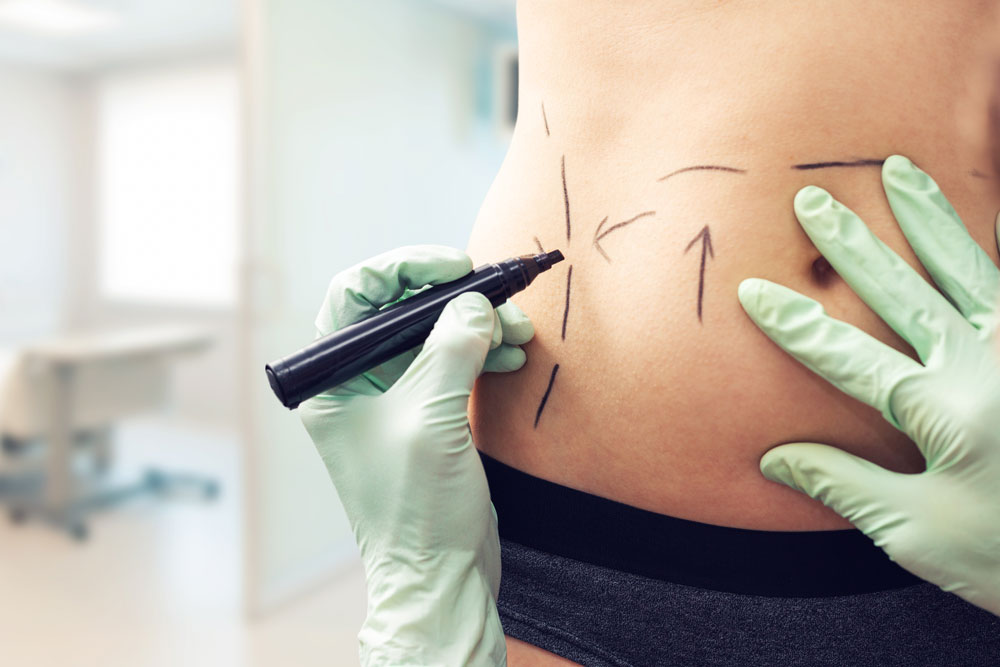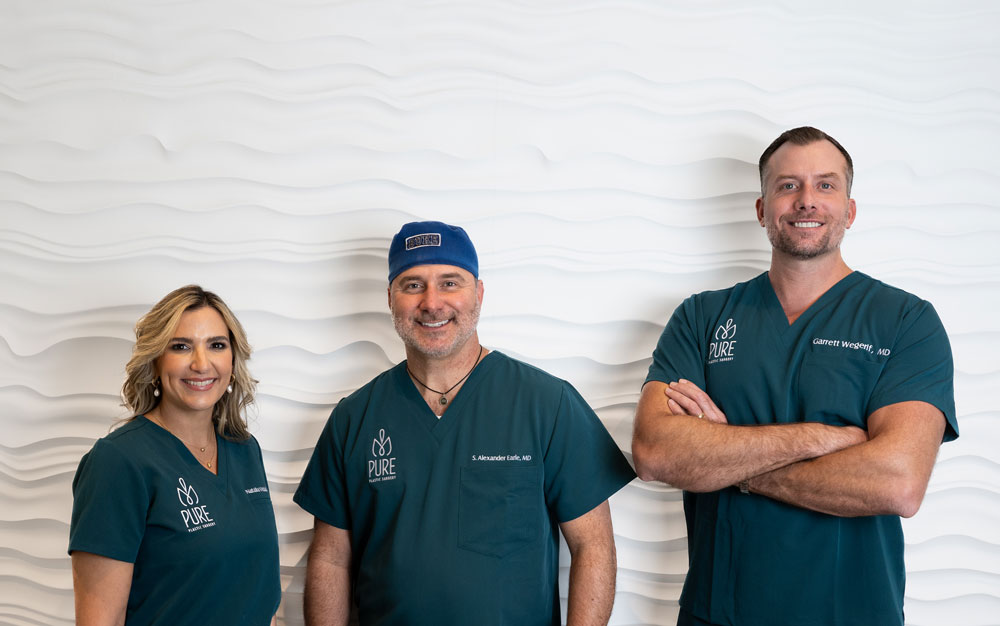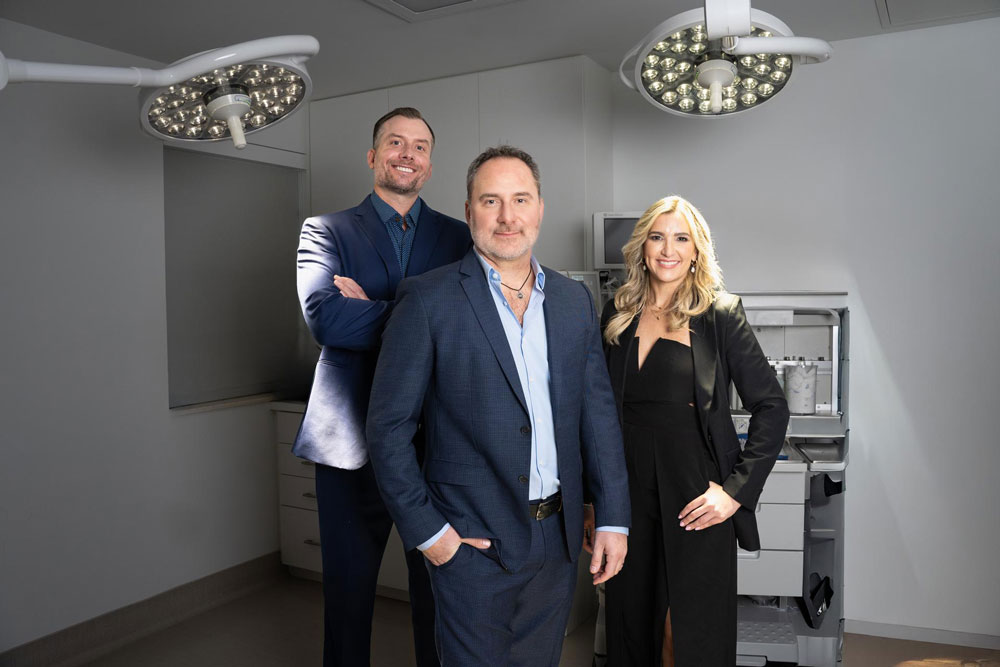How to properly take care of incisions post-surgery

What to do if a surgical incision starts to separate or open after surgery?
What are wound breakdowns and why do they occur?
Why is post-operative care important?
Post-operative (post-op) care is an important piece to a successful plastic surgery. When patients decide to have a cosmetic procedure, many often overlook the journey after the surgical procedure. At Pure we provide a post-op checklist and instructions, and we also conduct check-in appointments to make sure the patient is healing and taking care of themselves according to our instructions. Surgery is stressful on the mind and body. We lay out the post-operative plan prior to surgery because we want our patients to be as calm and stress-free as possible. Less stress and incidents with the incisions allows the body to recover, and the patient to have the best results possible.
What is a wound breakdown and how does it occur?
Wound breakdown is a potential risk with any surgery. It refers to dehiscence, which happens when an incision opens or separates. It is most common with arm lifts, thigh lifts, tummy tucks, and the triple-point of breast lifts. Constant movement in those areas and the effect on the delicate position of the incisions (arm pit, groin), may cause the Steri-Strips fall off, a suture to come loose or a small area of the incision to separate. It can be more traumatic when the entire incision opens and exposes the tissue underneath. Wound breakdowns typically occur in patients who are not following post-op instructions within the first six (6) weeks of surgery, such as reducing movement and resting. They can also be caused by creating tension on the wound from heavy lifting, pulling or straining.
How to prevent wound breakdowns?
Wound breakdowns can be avoided by following these four care instructions:
- Follow post-op plan – Post operative care includes no heavy lifting or strenuous activity for the first six (6) weeks post-op. After six (6) weeks, patients can usually resume normal activity.
- Check incisions daily – It is important for patients to check all incisions every day for signs of separation and infection.
- Brace your wound – Another way to prevent the opening or separating of an incision is to avoid putting tension on the wound, lifting heavy objects or straining. Bracing the wound is when you lightly place your hand over the incision when you are coughing, sitting or using the bathroom to avoid pressure being placed on the area.
- Clean the incision and dressings – Make sure you are cleaning the incision properly and changing any dressings according to your post-op instructions. This can not only reduce the chance of a wound breakdown, but also infections.
How do you treat wound breakdowns?
Wound breakdowns may look scary to patients and cause panic and shock. While they may be visually concerning, there is typically no need to panic as they are unlikely to result in emergencies. When a patient feels or sees that an incision is separating, we want them to reach out to us as soon as possible so we can treat the area properly and avoid infections. Once we are aware that a patient is experiencing a separating incision, we first examine the area during an in-person visit, and for patients outside of the Miami metro area, we can conduct a check-up through a video call and with photos.
If needed, we will administer treatment that may include, antibiotic ointments, such as Silvadene, medi-honey and dressing changes. It takes three (3) to six (6) weeks for the wound to close. Some patients find it difficult to relax through the healing process because the open wound is unsightly, and we are asked to stitch it up again. While it may seem like the right solution, re-stitching the open wound is not the proper remedy and can trap bacteria inside leading to complications. The wound should remain open until it closes naturally because it needs to heal from the inside-out and contract. Proper care and treatment will likely close the incision within three (3) to six (6) weeks without incident of infection or further complications.
What can happen if a wound breakdown is not properly treated?
If a patient is experiencing wound breakdowns or complications with their incisions, they should contact our office immediately. Although wound breakdowns are typically not emergencies, we know the sight of them can cause an anxious response in patients. We want to ease any patient discomfort, examine the wound and administer treatment right away. When wound breakdowns are not treated properly, they can lead to infections and other complications. For example, if a wound breakdown is improperly treated by re-stitching the incision, it can trap bacteria inside of the wound. Trapped bacteria can cause cellulitis, abscess, tissue loss or sepsis. It may seem like the issue is solely external, but it is important that the wound is given time to heal inside and on the skin.
Will the scar change or get bigger after a wound breakdown?
The incision scar may or may not become wider after a wound breakdown. How the scar looks after healing depends on the patient’s skin color, elasticity and the damage to the initial incision. If the scar becomes wider or unsightly, we can conduct a simple scar revision under local anesthesia to restore the cosmetic finish.
When to call your surgeon or 911?
As soon as the incision starts to open or separate you should cover it with a sterile bandage and call your surgeon. As board-certified plastic surgeons, we are wound care specialists. We are the most qualified doctors to judge the severity of the breakdown and to administer the best treatment. If you experience any signs of infection, such as fever, chills or vomiting you should call your surgeon.
Wound breakdowns are unavoidable with proper post-op care. Following your surgeon’s care instructions can reduce risks associated with plastic surgery.
If you are experiencing a wound breakdown or any complications with your incision, please call our Pure office right away.
Further
Reading
Media
PURE Plastic Surgery and our incredible team of surgeons have been recognized in magazines and news publications all around the world.







Join our 500,000+ Followers
Loyalty Membership
Rewards Program


































































